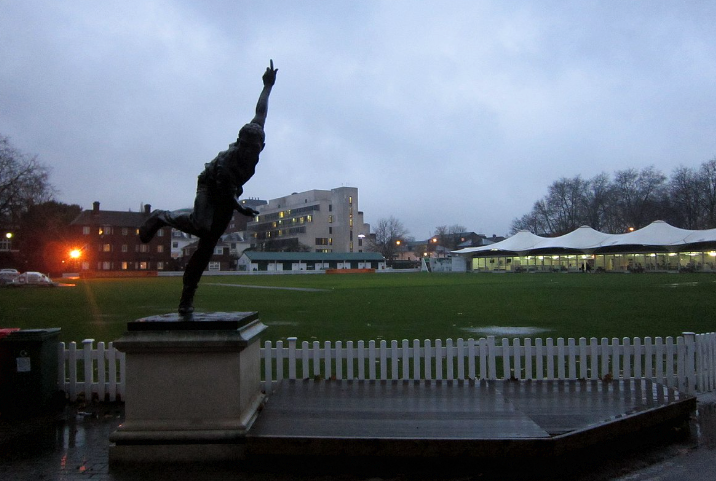Report: Racism, Sexism Rife in English Cricket

Facts
- An extensive report by the Independent Commission for Equity in Cricket (ICEC) published Tuesday has found that racism, sexism, elitism, and class-based discrimination are "widespread and deep-rooted" in English cricket.1
- The 317-page report claims racism is "entrenched" in the English game, while women and women's teams are "frequently demeaned, stereotyped, and treated as second-class."2
- Based on the evidence provided by over 4K players, coaches, administrators, and fans over two-and-a-half years, the ICEC report claims that the current complaint system is confusing, overtly defensive, and "not fit for purpose."3
- According to the ICEC — which made 44 recommendations — 87% of respondents of Pakistani and Bangladeshi heritage, 82% of Indian origin, and 75% of all Black respondents admitted experiencing racism in the past five years of playing cricket.4
- Additionally, the report alleges English cricket follows an "elitist and exclusionary" mentality due to its "private school and 'old boys' networks," so much so that children hailing from state schools or lower-class backgrounds are often called "peasants."2
- Meanwhile, the England and Wales Cricket Board (ECB) chair Richard Thompson issued a public apology and said the findings would be used "to reset cricket."5
Sources: 1Al Jazeera, 2Guardian, 3Sky Sports, 4CNN, and 5BBC News.
Narratives
- Narrative A, as provided by New Statesman. The two-year independent investigation is a wake-up call for the ECB to ensure that English cricket is for everyone, regardless of background. Details of structural and institutional racism call for a fundamental overhaul of the game, including revising women players' pay structure. The ECB remains an organization overwhelmingly dominated by white, public school-educated men. That must change to end the endemic within the game.
- Narrative B, as provided by Guardian. The fact that the ECB opened itself to independent scrutiny speaks volumes about its commitment to celebrating diversity on all fronts. However, implementing specific recommendations, like equal pay for women players, may prove economically challenging. Instead of forcing the cash-strapped board to climb a mountain, all stakeholders must drive systemic changes to rid society of structural and institutional issues like racism.
